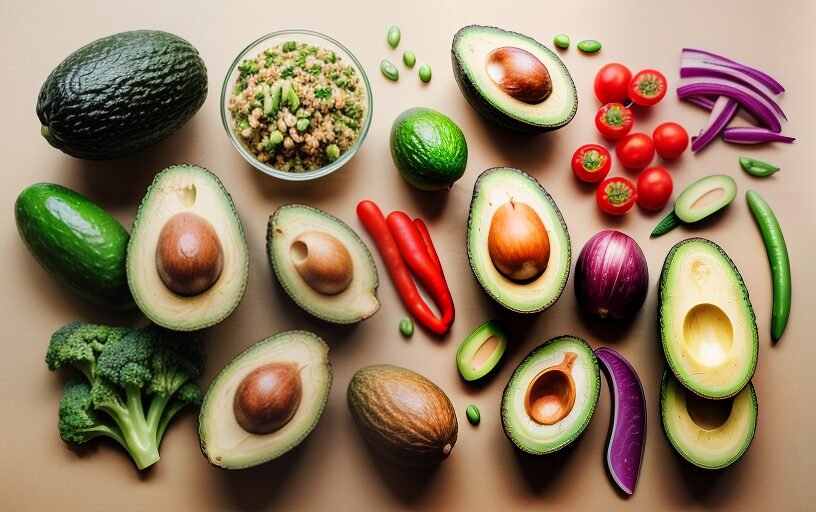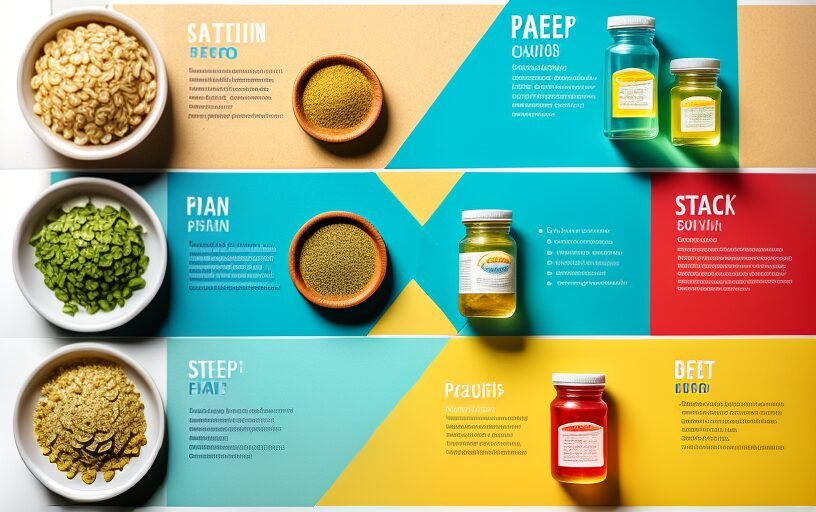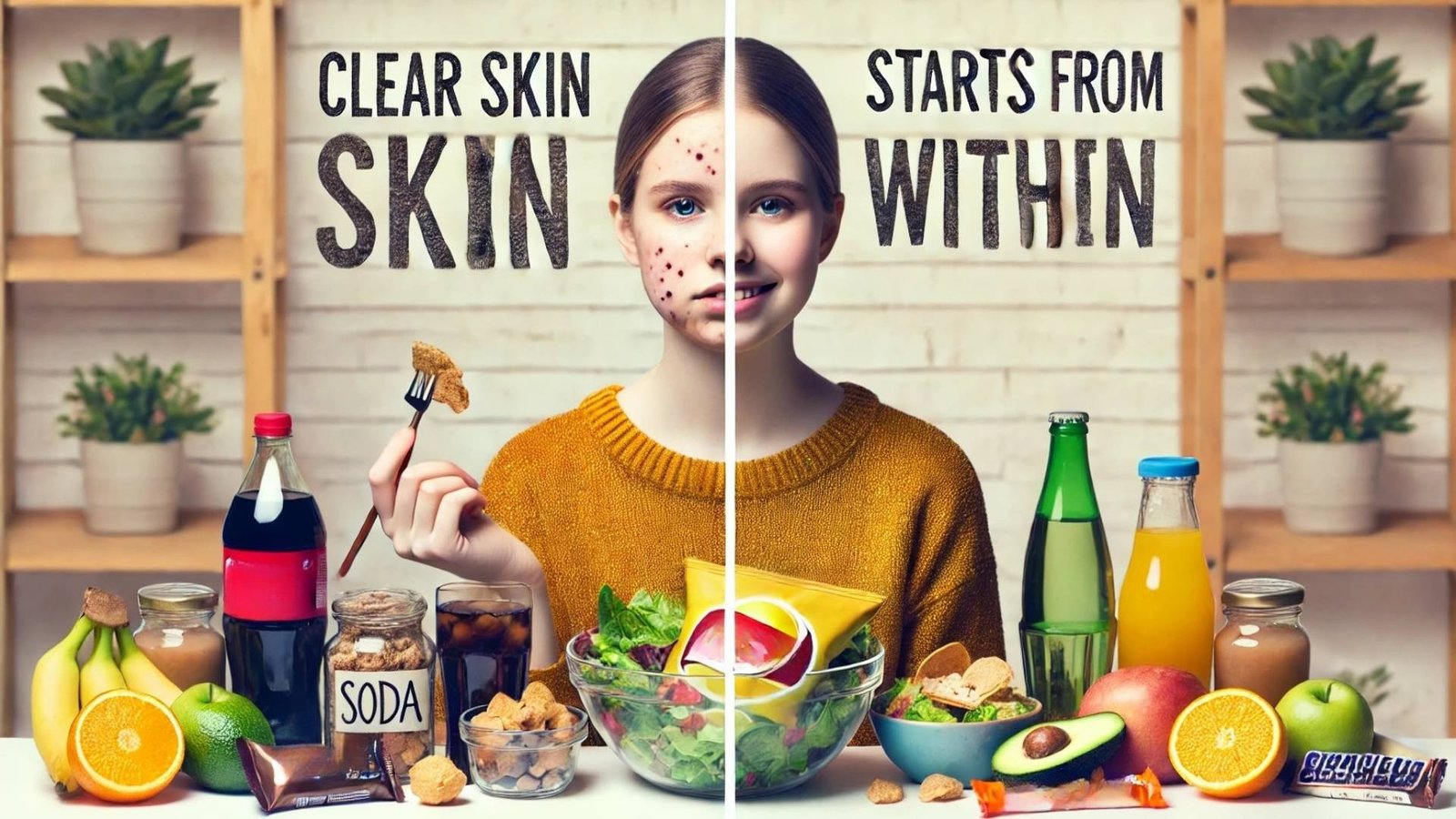We’ve all been there. You wake up, look in the mirror, and there it is—an unexpected, unwelcome pimple staring right back at you. Maybe it’s the night before a big event, a presentation, or just another day when you were hoping for clear skin. But have you ever stopped to wonder why acne seems to strike at the most inconvenient times? Most of us have been led to believe it’s just about oily skin, clogged pores, or maybe not washing our face enough. But what if the answer goes deeper—beneath the skin, all the way to your metabolism? Yep, we’re talking hormones, insulin, and even your diet.
Meet the Unexpected Culprit: Insulin
You’ve probably heard of insulin in the context of diabetes. It’s that hormone produced by your pancreas that helps regulate blood sugar levels. But here’s the plot twist: insulin isn’t just about blood sugar—it plays a huge role in your skin health too. Think of insulin as a bossy manager who tries to control everything. When insulin levels are too high (often thanks to diets high in refined sugars and carbs), it doesn’t just mess with your blood sugar—it also tells your skin to produce more oil, triggers inflammation, and can even cause hormonal imbalances. And guess what that leads to? Yep, acne.

Conventional Wisdom vs. The Metabolic Truth
Traditionally, we’re told acne comes from four main factors: excess oil (sebum), clogged pores, bacteria, and inflammation. Dermatologists often prescribe creams, antibiotics, or retinoids to tackle these issues. But here’s where it gets interesting: Dr. Benjamin Bikman, a metabolic scientist, suggests that we’re missing a big piece of the puzzle. What if these skin issues are just symptoms of a deeper problem—like insulin resistance? Instead of just fighting acne on the surface, shouldn’t we be addressing what’s causing all that oil production and inflammation in the first place?
The Perfect Storm: Puberty, Hormones, and Modern Diets
Ever wonder why teenagers are acne magnets? Sure, hormones are raging during puberty, but there’s more to the story. During adolescence, the body naturally experiences a phase called physiological insulin resistance (basically, the body becomes a little less responsive to insulin to support rapid growth). Now, add in a typical teen diet packed with refined sugars, sodas, and processed snacks, and you’ve got a recipe for disaster. This combo ramps up insulin levels even more, stimulating oil glands, increasing inflammation, and creating the perfect storm for breakouts. It’s not just teens, though. Adults who consume high-sugar diets can face similar issues—especially women dealing with hormonal fluctuations.

Beyond the Surface: How Insulin Wreaks Havoc on Your Skin
So, what exactly does insulin do to your skin? Here’s the breakdown:
- Sebum Overload: High insulin levels stimulate your oil (sebaceous) glands, making them produce more sebum. Excess oil clogs pores and creates a breeding ground for acne-causing bacteria.
- Hormonal Chaos: Insulin ramps up the production of androgens (male hormones present in both men and women), which further triggers oil production. Think of it as adding fuel to the acne fire.
- Inflammation Station: Chronic high insulin levels promote inflammation throughout the body, including your skin. This leads to those angry, red, swollen pimples that feel like they have their own heartbeat.
- Skin Cell Overgrowth: Insulin also speeds up the production of skin cells. More skin cells mean more chances for clogged pores and, you guessed it, more acne.
Can Changing Your Diet Really Clear Up Acne? (Spoiler: Yes!)
Now, here’s the good news. Research shows that changing your diet can significantly improve acne. Studies have found that low-carb, low-glycemic diets (diets that don’t spike your blood sugar and insulin levels) can lead to fewer breakouts. In one study, participants who reduced their refined carb intake saw a dramatic improvement in acne severity. Another study showed that a ketogenic diet helped women with moderate acne reduce their acne scores significantly in just 45 days. Imagine that—no fancy creams, no harsh medications, just real food making a real difference.
Your Action Plan for Clearer Skin (No Fancy Creams Needed)
Ready to take control of your skin? Here’s a simple action plan:
- Cut the Carbs: Ditch sugary snacks, sodas, white bread, and processed foods. These spike your insulin levels and fuel acne.
- Prioritize Protein: Lean meats, fish, eggs, and dairy (if tolerated) help balance hormones and keep you full.
- Healthy Fats Are Your Friends: Avocados, nuts, seeds, and olive oil support skin health and help regulate insulin.
- Stay Hydrated: Water helps flush out toxins and keeps your skin hydrated from the inside out.
- Consistent Sleep & Stress Management: Both sleep deprivation and stress can increase insulin resistance. Aim for 7-9 hours of quality sleep and find healthy ways to manage stress.

Final Thoughts: Skin Deep? Think Again!
Acne isn’t just a skin problem. It’s often a sign of what’s happening inside your body, especially when it comes to insulin and metabolism. While topical treatments can help manage symptoms, addressing the root cause—like insulin resistance—can provide long-term, sustainable results. So next time you reach for an acne cream, remember: what you put in your body might be even more important than what you put on it.
Want more health tips and strategies? Stay tuned for more insights on how simple lifestyle changes can transform not just your skin, but your overall well-being!

